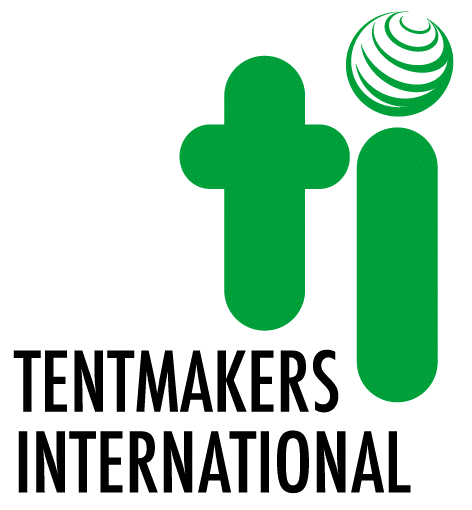Accountability to God, the church and the mission 
It is more than merely interesting that when the Holy Spirit acted through the Church to call out from them
their first missionaries, it had to be two who sometimes made their living directly from their labor. The first missionaries were tentmaking evangelists, disciple-makers, and church planters. And they were also a team, a very small team. When they returned from their first missionary journey, ‘they gathered the church (in Antioch) together and reported all that God had done through them and how He had opened the door of faith to the Gentiles’ (Acts 14:27). Tentmakers, like other missionaries today, need to be accountable to a local church.
But keep in mind the other implication from this passage. The congregation also had a responsibility toward this mission team as they sent them out. Just as they laid hands on them and prayed in their sending, (Acts 13:3) prayer backing by Christians in a local congregation was applied to the spiritual warfare. This mutual account-tability is essential if tentmaking ser-vice is to be successful.
“The mission society is the only kind of organization which 2,000 years of Christian experience assures us is able effectively to go beyond normal mono-cultural evangelism and reach cross-culturally to the vast proportion of those who do not yet know Jesus Christ as Lord and Savior,” writes Dr. Ralph Winter of the U.S. Center for World Mission. He points out that 85% of the non-Christians in the world today are behind cultural barriers, which mean that they can be reached only by bridging these. He therefore concludes that mission agencies are essential if the unreached people of the world are to be evangelized.
He goes on to underscore his position by saying: “The great bulk of people on this planet are concentrated in Africa and Asia; the three largest blocks of mankind (the Chinese, the Hindus, and the Muslims) have only tiny Christian communities, if any at all, related to them. Only a very small proportio n of the non-Christians are within normal evangelistic striking range of existing Christians. The only effective answer to the major part of this need can come from specialized cross-cultural organizations of the type represented by a standard mission society, either local or foreign.”
Convictions like Winter’s form the main reason independent and culturally unprepared tentmakers have not been more successful in the past. This is also among the main reasons many missions have been overly enthusiastic for self-supporting witnesses. Early-on there has been a hesitation, feeling that the association between regular mission and tentmaker would be a mutual hindrance to the two kinds of work. This is the reason it is so encouragi ng to see more and more mission societies becoming involved with tentmaking branches.
The bulk of those who study the evidence of history seem to conclude that if tentmakers are to be effective in reaching the unreached cross- culturally for Christ, they too must be associated with some sort of mission agency.
As tentmakers in Afghanistan, the Lord not only led us to establish a house church but also a united evangelical mission. This was made up of workers from various agencies. In 1973 there were 135 in this fellowship from thirteen different nations and representing over twenty organizations. These workers were assigned from agencies abroad to the International Afghan Mission or ‘IAM’. This is an instance where tentmakers, professionals employed in strategic secular situations, were able to bring a regular mission into being, following their pioneering efforts.
Both the church and the mission have provided accountability for the Christian workers, whether they have been tentmakers or regular missionaries. This agency continues today as the International Assistance Mission in spite of the Russian occupation for almost ten years and the following civil war. Thus we see an instance where there has been great blessing from tentmakers and mission agencies working together. This gave us a supportive relationship of mutual assistance as well as accountability. It was as if we were all on the same ‘team’. Were we ministering today, we certainly would have thought in those terms. | 
